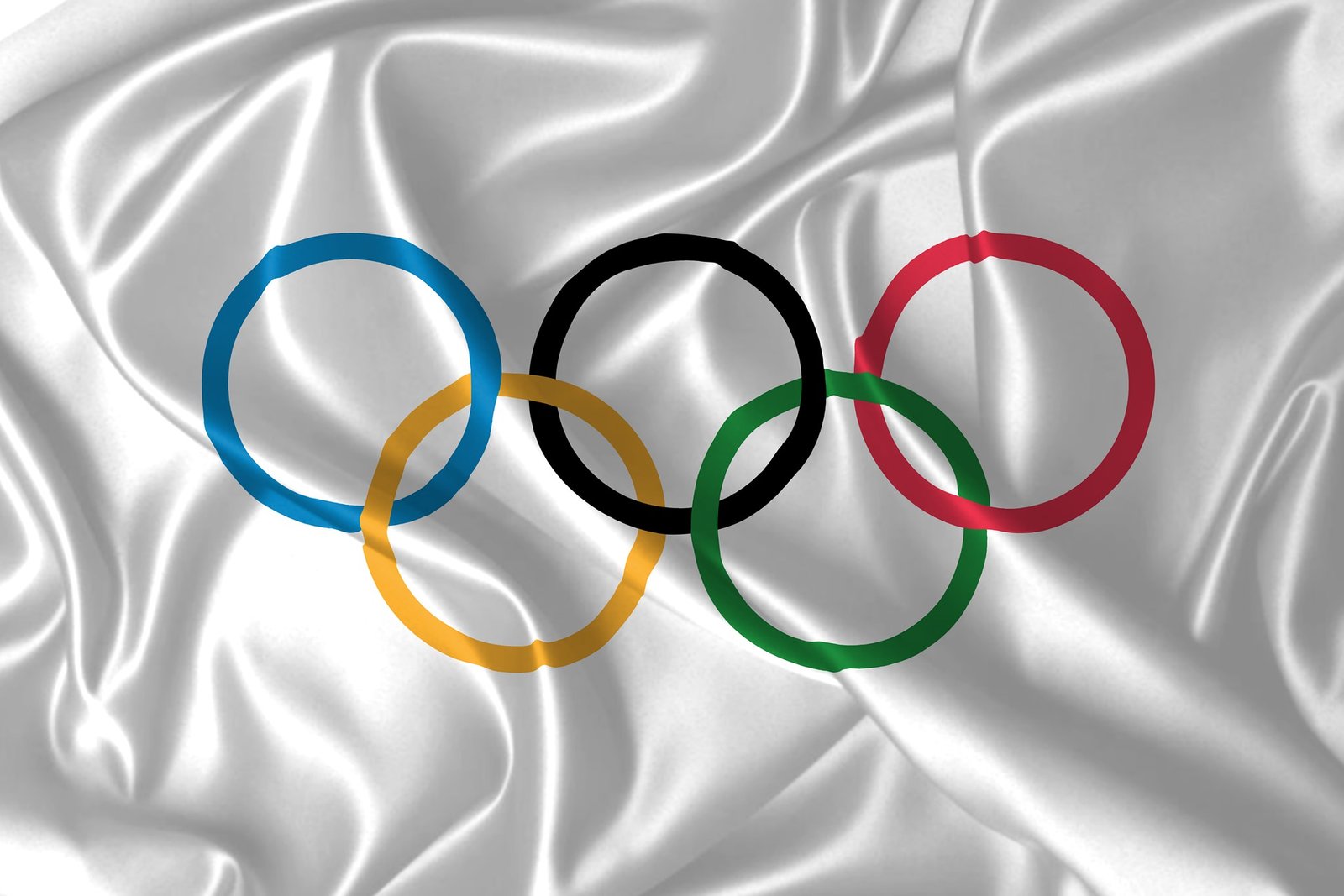Olympic Gold for Gamers: Will Esports Join?
The roar of the crowd crescendos as a player lands a game-winning shot, securing victory in a high-stakes esports tournament. Millions watch online, their hearts pounding with the intensity of the competition. This is the world of esports, a rapidly growing industry blurring the lines between entertainment and athletics. But could the future of esports include the ultimate recognition – inclusion in the Olympic Games?
The International Olympic Committee (IOC) has been cautiously exploring the possibility of esports joining the Olympic fold. The 2023 Olympic Esports Series and Week in Singapore marked a significant step in this direction. This event featured virtual versions of traditional sports like archery and cycling, alongside established esports titles like Gran Turismo.
So, why the hesitation? Why wouldn’t esports be a natural fit for the Olympics? There are compelling arguments on both sides of the debate.

The Case for Esports in the Olympics:
- A Booming Industry: Esports boasts a massive and dedicated global audience, particularly among younger demographics. Inclusion in the Olympics could attract new viewers and sponsors, revitalizing the Games for a changing audience.
- The Rise of Virtual Sports: With the increasing popularity of virtual reality (VR) and augmented reality (AR), the line between physical and virtual competition is blurring. Esports titles utilizing these technologies could offer a unique and engaging spectacle for Olympic audiences.
- Physical and Mental Demands: Top esports players undergo rigorous training regimens to hone their reflexes, strategic thinking, and hand-eye coordination. The mental fortitude required to perform under pressure in a high-stakes esports competition is undeniable.
- A Global Phenomenon: Esports transcends national borders, uniting players and fans from across the globe under a shared passion. The Olympics celebrate this international spirit, and esports could further contribute to this unifying ideal.
- Growth Potential: The inclusion of esports could lead to the development of standardized training methods, governing bodies, and anti-doping regulations, fostering professionalism and legitimacy within the industry.
Challenges and Concerns:
- Lack of Standardization: Unlike traditional sports with established rules and regulations, the esports landscape can be fragmented across different titles and platforms. Creating a fair and consistent Olympic experience could prove challenging.
- Genre Disparity: There’s a vast difference between a first-person shooter and a strategy game. Determining which esports titles deserve Olympic inclusion and how to categorize them for competition poses a significant hurdle.
- Violence and Monetization: Some popular esports titles involve violence, which could conflict with the Olympic spirit. Additionally, the prevalence of microtransactions in some games raises ethical concerns about potential pay-to-win scenarios in an Olympic setting.
- Sponsorship and Advertising Restrictions: The Olympic Games have strict regulations regarding sponsorships and advertising. Balancing these restrictions with the realities of esports culture, where partnerships and branding are crucial, could be tricky.
- Spectator Experience: While online audiences are massive, the spectator experience for esports often revolves around individual viewing through streaming platforms. Creating an engaging and immersive experience for live Olympic audiences accustomed to traditional sports may require innovation.

Finding the Right Balance:
The path towards esports becoming an Olympic sport is paved with both opportunities and obstacles. Explore more esports insights on our esports blog. The IOC likely won’t adopt all forms of esports, but rather focus on specific titles that align with the Olympic values and offer a compelling viewing experience. Additionally, the emphasis might shift towards virtual versions of traditional sports, bridging the gap between the physical and digital worlds.
Beyond the Gold Medal:
The inclusion of esports in the Olympics wouldn’t just be about awarding medals. It could legitimize esports further as a competitive activity, inspiring young people and encouraging more investment in infrastructure and training facilities. Additionally, it could broaden the appeal of the Olympics, reaching out to younger demographics and fostering a more inclusive sporting landscape.
A Look Ahead: An Evolving Landscape
The debate surrounding esports and the Olympics is ongoing. With the industry’s continuous growth and the IOC’s willingness to explore new avenues, the inclusion of esports in the Games may not be a matter of “if” but “when.”
However, navigating the challenges and ensuring a smooth integration require careful consideration. The future of esports in the Olympics depends on striking a balance between embracing innovation, upholding Olympic values, and creating a fair and exciting spectacle for athletes and viewers alike.
The final decision on esports becoming an Olympic sport will likely shape the future of both the Games and the esports industry. One thing is certain: the world is watching with anticipation to see if the virtual flames of competition will one day burn alongside the Olympic torch.




